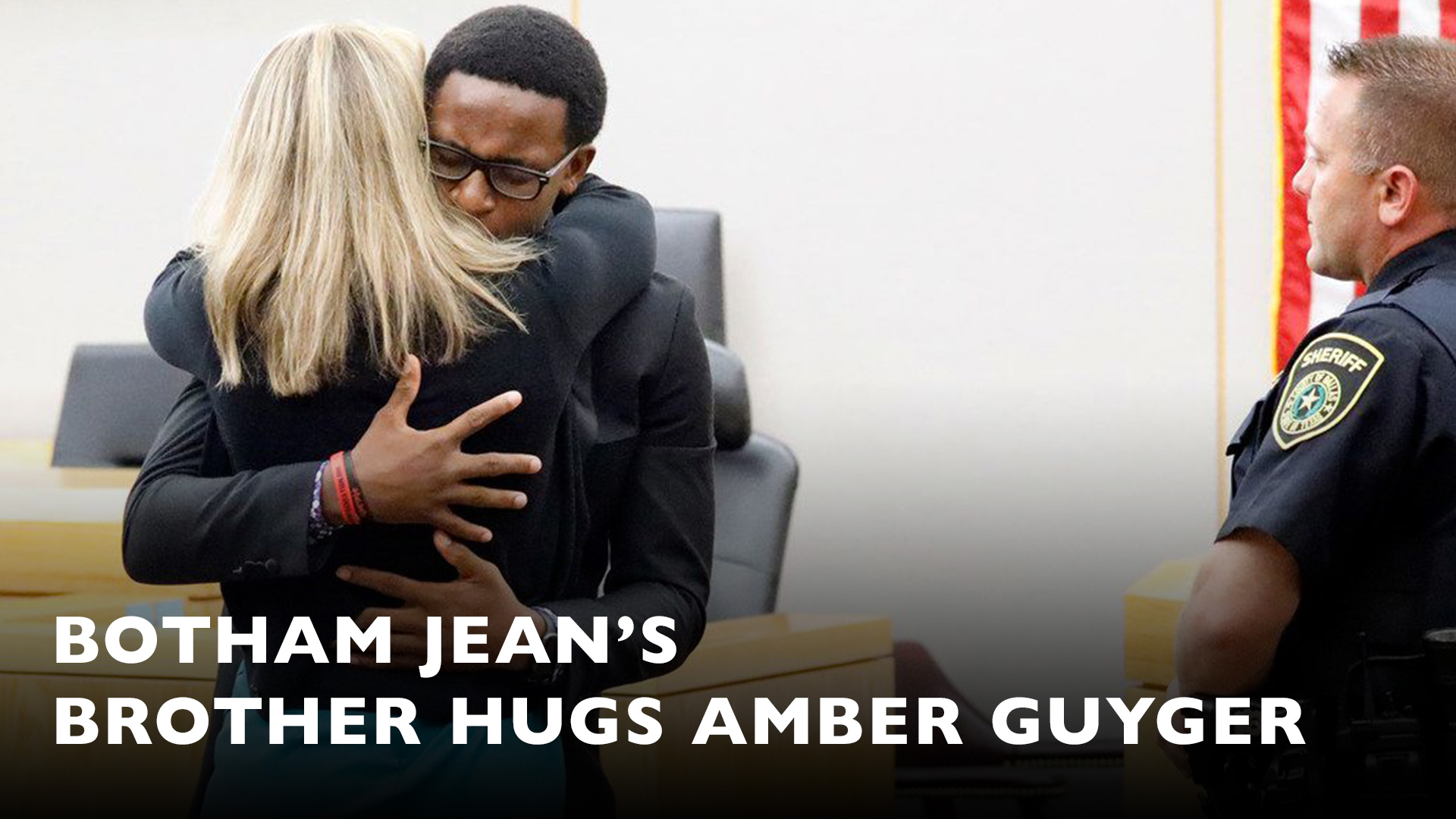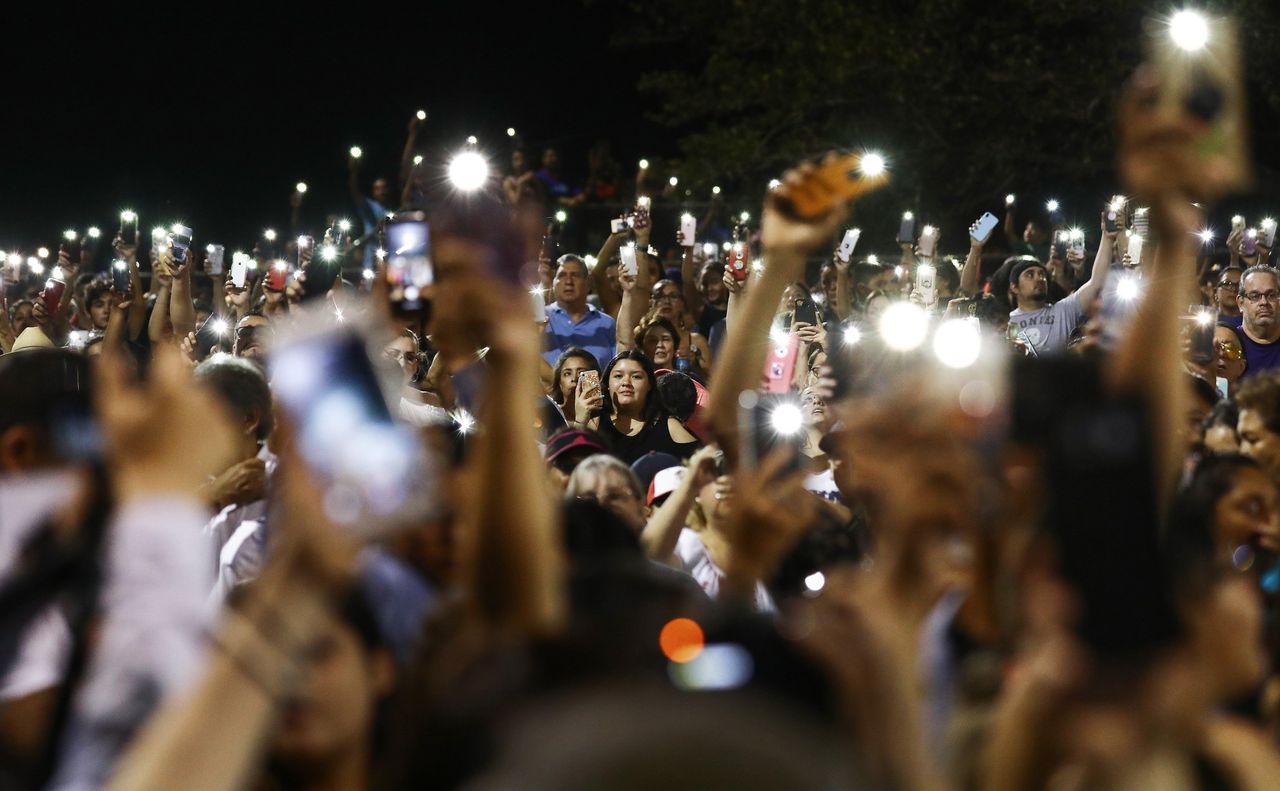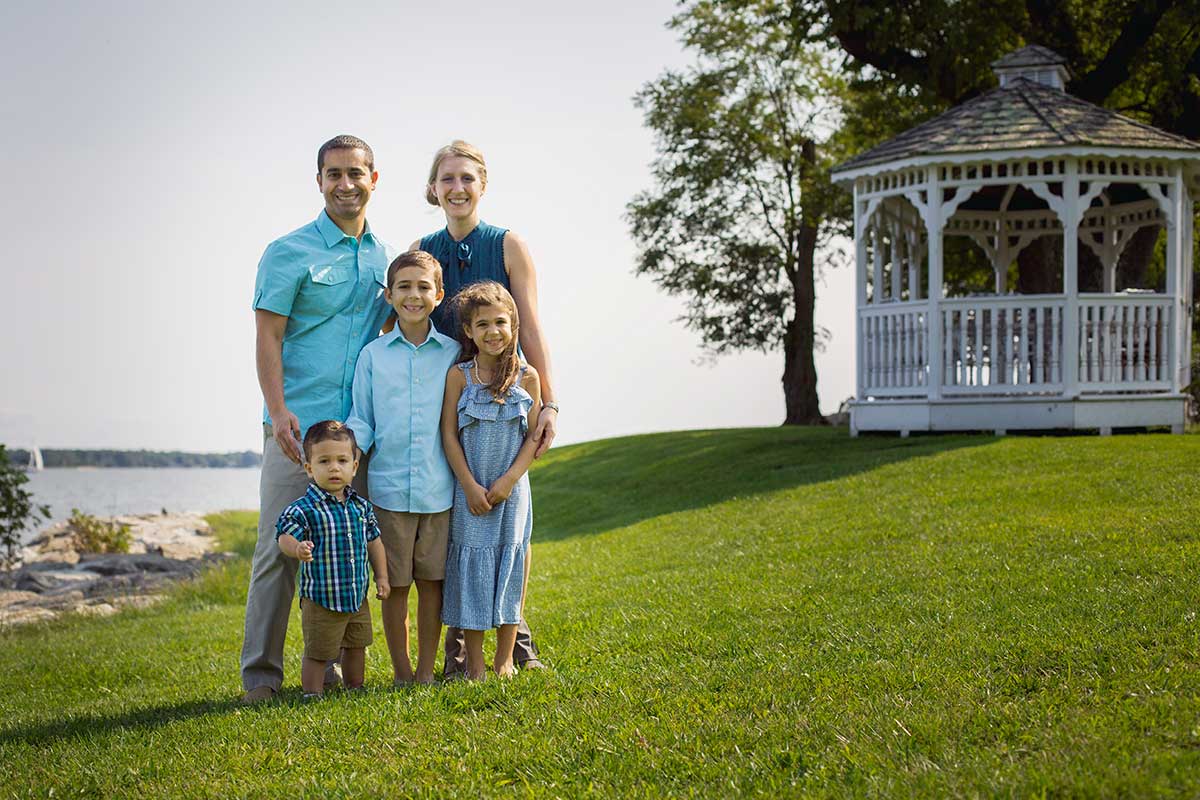By Pastor Brady Wolcott

Philippians 1:7-11 It is right for me to feel this way about you all, because I hold you in my heart, for you are all partakers with me of grace, both in my imprisonment and in the defense and confirmation of the gospel. 8 For God is my witness, how I yearn for you all with the affection of Christ Jesus. 9 And it is my prayer that your love may abound more and more, with knowledge and all discernment, 10 so that you may approve what is excellent, and so be pure and blameless for the day of Christ, 11 filled with the fruit of righteousness that comes through Jesus Christ, to the glory and praise of God.
Yesterday we looked at the progression of love from “God loves us” to “we love God” to “we love self” to “we love others.” So what does “we love others” look like? Is there a progression here too? There is. Let’s take a look.
Step 1: Love as emotion.
What Paul, and a lot of other people, knows is that we all love. God IS love and we image God, therefore it makes sense that love is at the core of who we are. We all love something. We are all chasing that thing that we love. We all are becoming the thing that we love. The biggest problem with Sin in the world, and in us, is not that we fail to love, it is that we fail to love the right things. We fail to love God and others from a pure heart. We have disordered loves.
All love inside of us starts as an emotion. Every single one of us feels an emotional attachment or love for something. Yes, some of us have spent years learning to suppress these emotions, while others of us have learned to wear these emotions all over our sleeves. But at the end of the day we all feel love down deep in our guts for something or someone.
Look at verses 7-8 above. Do you see how emotional Paul was? “I hold you in my heart.” “I yearn for you.” “I have the affection (the guts) of Christ.” Paul doesn’t begin with knowledge; he begins with emotion. Why? Because it is the feelings down deep in our gut that move us and shape us.
So are we slaves to our emotions? Nope. Notice how Paul says that he has the emotions of Christ himself. Our emotions can be controlled by the Spirit of Christ. When the Spirit indwells our hearts, and we let the love of God for us overwhelm our heart, the seat of our deepest desires. The life of Christ in us begins to change our desires and our emotions change along with them. Right desires bring right emotions.
Step 2: Love as knowledge.
Abounding love starts in the heart and the guts, but it doesn’t end there. It moves to the mind. Look at verses 9-10. Christ wants us to add “knowledge and discernment” to our love. He wants us to “approve what is excellent.” If we leave our love at the emotional level it will actually be harmful to others over time. Without a knowledge of how Christ loved and a discernment of what is best for the other person, we will love in dangerous ways. Selfish ways.
When I got married at age 20 it was 99% emotion. I didn’t really know Joy. And I didn’t really know myself. And I didn’t really know Christ very well either. I thought I did, but looking back not so much. By God’s grace somehow Joy has survived with me over these 27 years. And over the years we have added knowledge and discernment to our love. Without it we would love each other the way we want to be loved, rather than the way that is best for the other person, and most honoring to Christ.
Christ gives us the knowledge of how to love. What is love? What is best for others? He answers these questions by his life, death, and resurrection. Love is sacrifice. Love is giving. Love is sharing life. Love is incarnation. Love is new life.
Step 3: Love as action.
Love rightly begins as emotion- without our “guts” we could never empathize or have compassion. Love is knowing- knowing how to love and knowing about the one you do love. Love is also an action and lifestyle.
Look at verses 10-11 above. Paul tells us to live “pure and blameless” lives. This is a lifestyle choice rooted in love. To be pure and blameless means to live in integrity without causing others to sin, or lose faith. I don’t choose to live this way to earn or maintain my own salvation. I live this way because it is the loving way to live. Love will choose to change a lifestyle in order to help others to walk in faith. Abounding love will cause you to seek more and more purity in your own life- for the sake of others.
And love will result in the “fruit of righteousness.” Again this is love in action. Love will produce the fruit (actions) of God’s righteousness or justice. From my emotional love, grounded in knowledge, I will then move forward into society, culture, community, ministry with the mission of being the righteousness of God to those around me. I will lift up the fallen. I will feed the hungry. I visit the sick. I will love the unlovely. And I will do it from God’s love for me that produces the heart of love, the guts of love, the mind of love, and the deeds of love.








